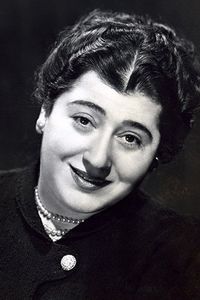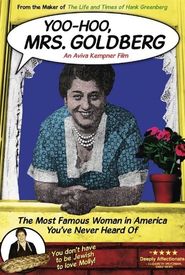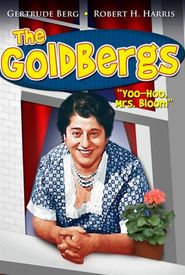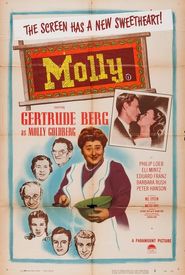Gertrude Berg was born in the vibrant city of New York, where her father owned a summer resort hotel that served as the backdrop for her early creative endeavors. As a teenager, she began writing dialogues about her father and grandfather, which she would recite to guests at the hotel, marking the beginning of her writing career that would eventually culminate in the creation of "The Goldbergs".
Gertrude's personal life took a significant turn when she married British-born chemical engineer Lewis Berg, and they moved to Louisiana, where they resided on a sugar plantation for many years. Eventually, they returned to New York and settled in the same neighborhood where Gertrude had grown up. It was during this period that she returned to college in her late 20s, where a friend introduced her to a radio network executive, who was impressed by one of her scripts and offered to produce it as a series if she would play the leading role.
The show, "The Goldbergs", premiered in 1929 and ran for 17 years, with over 5000 scripts written and performed by Gertrude herself. The show's success was replicated when it debuted on television in 1949, lasting for five years and garnering Gertrude widespread acclaim. According to her own estimates, she wrote over 15 million words and performed in over 10,000 episodes during this period.
Gertrude Berg was a humble and modest individual who was universally loved and respected. Despite her impressive career, she remained grounded and kept meticulous track of her accomplishments in scrapbooks that spanned over 100. She was affectionately regarded as "homey as apple pie" by her peers, with comedian Milton Berle describing her as "Goodness personified" and actress Faye Emerson calling her "the face of mother".
Throughout her illustrious career, Gertrude Berg made a significant impact in various mediums, including stage, screen, record albums, books, and live television, leaving behind a lasting legacy that continues to inspire and entertain audiences to this day.



















